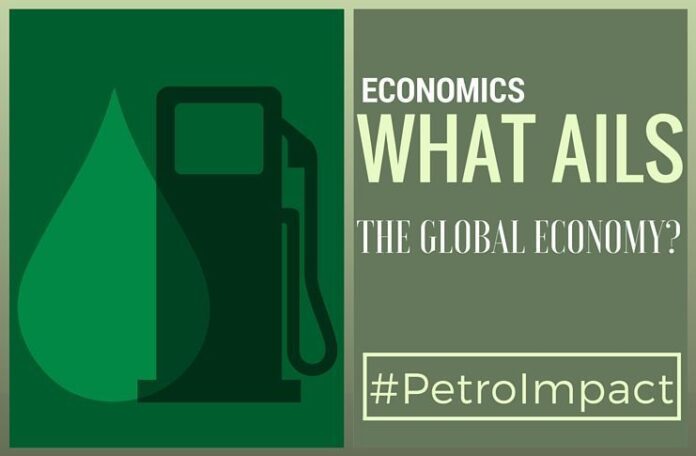
Silicon Valley
[dropcap color=”#008040″ boxed=”yes” boxed_radius=”8px” class=”” id=””]A[/dropcap]s earnings roll out from US companies, tech stocks have been under severe pressure. The domino effect started with Apple’s lackluster sales of iPhones, especially in China. Many reasons were given for this, including a slowing economy in China caused by a slowdown in Europe. When LinkedIn rang in their results and surprised the market with modest future earnings, its stock sank by 45%. Tesla Motors, the Electric car company, lost ground steadily before its earnings date and then recovered somewhat when it announced that its affordable car, The Model 3 was going to be sold at $35,000. While I have only listed Tech sector stocks above, it is true that across the spectrum, results have been up and down. The Dow Jones Industrial Average finished last week at 15974, almost 13% down from its peak of 18351. It would have been down much further if it were not for Yellen’s soothing comments about US treading carefully about raising interest rates. Can the US keep the rates the same for the rest of the year? Let us examine the Pros and Cons of such a move.
Pros
-
If the US keeps rates the same, then it will immediately help in housing starts and also serve as a breather for Energy companies, who bet heavily on easy money and took out mega loans.
-
A ceasefire has just been announced in Syria which should help stabilize the region. As the immigrant influx reduces, Europe will heave a sigh of relief and hopefully growth will pick up in the region.
Cons
-
A low rate of interest in the US, forces the dollar to stay strong, thereby making it difficult for it to export. This could lead to a slowdown in the US economy, the only engine that is currently growing.
-
What happens if the ceasefire does not hold? How long will Russia wait before resuming its air strikes on ISIS? More importantly, will ISIS honor the ceasefire and not attack the humanitarian effort?
-
Would OPEC members Saudi Arabia and Iran bury their differences and agree to pump less oil? Iran may not agree, as it has been kept out of the global market for several years and needs to export oil to finance its economy.
-
Countries such as Venezuela, another OPEC member are in dire straits because of the low cost of Crude. Under Hugo Chavez, Venezuela initiated several socialist projects, all of whom have run out of finances and the country is dangerously positioned, with runaway inflation and an unhappy crowd, used to social dispensations.
[dropcap color=”#008040″ boxed=”yes” boxed_radius=”8px” class=”” id=””]A[/dropcap]s a direct consequence of Janet Yellen’s remarks, the US stock market recovered ground on Friday. What will this week entail? Price of crude too went up by 12% to end at $29.44. Perhaps it was buoyed by the feeling of comfort that as long as the US Dollar stays strong, Oil countries need not worry (see our Pros outcomes above).
We at PerformanceGurus re-iterate that the US economy will not be slipping into a recession but rather it will grow slowly over the next few years.
Note:
1. Text in Blue points to additional data on the topic.
- Indian Parliament’s Special Session is convened to mark the shifting to new Parliament building - September 3, 2023
- Why did Rajat Sharma of India TV not declare that Adani owns more than 16% shares in his channel? - January 29, 2023
- Prannoy Roy to get Rs.605 crore from Adani as per Stock Exchange filing. Why is Income Tax not acting on Roys’ dues of over Rs.800 crore? - January 4, 2023










